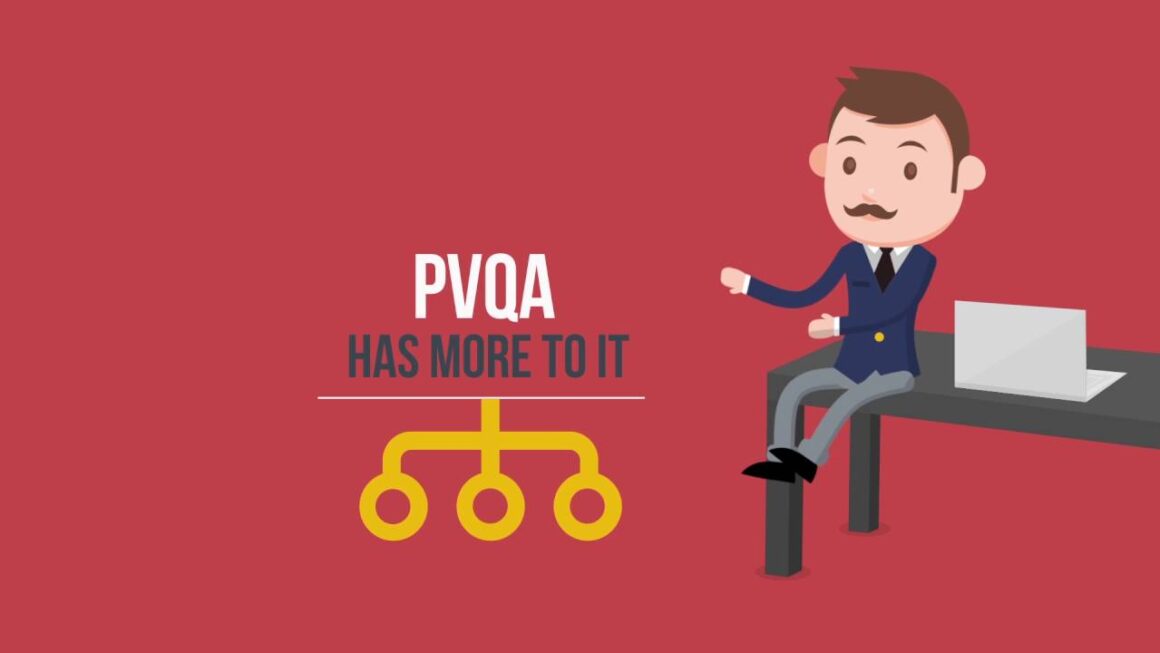It is wrong to think that CRM is the choice of a large business with thousands of customer bases, millions of advertising budgets, and at least a hundred managers.
For SMEs, CRM (Customer Relationship Management) Software helps save money and time on routine tasks.
After automating the client base, managers will not lose a single request. It will be easier for the manager to control the work of employees and track the effectiveness of advertising campaigns.
Why do Small and Medium businesses need CRM?
CRM is an application software for automating company communications with its customers. Most often, the solution increase sales, optimize marketing and improve customer service. It records all information about customers and the history of relationships with the – contacts, preferences, effective actions, etc.
#1. Automation of important tasks
The key advantage of CRM systems for any business is the ability to automate a large number of tasks. CRM contains a database to record all transactions and tasks. These are planned processes and analyze the company’s performance. Small and medium-sized businesses should automate and optimize deal management. Also, set the tasks for managers, monitor KPI achievement, budget planning, and does collecting documents.
#2. Analyzing insights
CRM implementation helps to see that a business is losing a lot of customers and is not even aware of it. Tables in Excel, with a large customer base, do not allow you to notice in time who stopped using the company’s services. Also, find out why they stopped doing it. CRM systems tailors for small businesses, new and lost customers tracks automatically, which allows you to interact with them on time. Dealing with lost customers and minimizing their exit is the key to a thriving business.
#3. Highly economical
Saving the advertising budget is also one of the advantages of a CRM system. Especially for small businesses with a limited budget and the need to think over expenses as carefully as possible. The reason is that CRM allows you to customize targeted advertising to your customers, lost customers, or users, making it possible to customize an advertising campaign for a similar audience. These are very effective methods of promoting a product and attracting the attention of an audience; less money is wasted with them.
#4. Easy handling and control
An important plus of CRM is the simplification of data analysis and control of all processes in the company. The system allows you to track not only, for example, keeping a client through the sales funnel, but also the work of each specific employee. After the implementation of CRM, situations are excluded when a conditional marketer or salesperson says that some task was not assigned to it.
#5. Less human involvement
Reducing the influence of the human factor is a natural consequence of the automation of processes. When a person is performing tasks, and, there are chances of errors, such as, accidentally pressing the wrong button, calculating the numbers incorrectly, etc. Such human errors can cost a company a significant amount of money.
How to determine when it’s time for you to implement CRM?
Any business needs to keep records, but depending on its size and audience size, different methods will be used. When a company has more than 10 clients, it is enough to create an Excel spreadsheet with shared access for specialized employees and management. Perhaps this will be enough to track the stages of the sales funnel for each client and the volume of incoming requests – calls, messages.
When there are more than 100 clients, it is time to start a CRM, since it becomes ineffective to work with them and with partners according to the old scheme. And after the client base begins to be measured in thousands of people, full automation of all processes is required. At the very least, a more smart CRM system with wide functionality is needed, and entire departments will work in it, not just one person.
Additionally, pay attention to signals indicating that the company can no longer cope without CRM:
- The workflow has increased and there are problems with the loss of information and obtaining up-to-date data. The search time has increased, and difficulties have arisen with employees’ access to general data.
- Business processes have been formed. And, the entire work of the company is already being built along a clear chain: a client’s call, conducting along a funnel, closing a deal. It’s time to automate these actions and track them in detail.
- The customer base is expanding, repeat orders appear, it is necessary to segment the audience for more effective marketing. It is necessary to collect all the data in one system.
- Applications are received daily and from different channels: phone, email, social networks, website, application. They are difficult to keep track of and difficult to manually analyze.
- The workload on specialists is growing.Aand the risk of the human factor increases: people make mistakes more often. They forget to call back the client, they cannot receive data promptly.
- Small business is 80% intuition. Every entrepreneur at a certain moment either begins to feel the consequences of problems due to insufficient accounting and analysis of the business. Or ceases to cope with the amount of data that needs to be analyzed for effective activity. These “feelings” are a clear sign that it’s time to optimize and switch to CRM.
What to look for when choosing a CRM?
The first thing to do is to define the goals of CRM implementation. Also, determine the processes for automation, the choice of a suitable solution and its configuration depends on this. Accordingly, after that, you need to compare the needs of your business with the capabilities of specific CRM.
You also need to decide if you need an industry solution. There are CRM systems for fitness clubs, restaurants, food delivery services, and medical centers. They simplify the typical tasks of a particular business.
An important aspect is the target audience. If the target audience of a specific CRM is large networks or companies with large sales departments, then manufacturers do not think about small businesses. And their CRM will seem complicated and inconvenient to a small business entrepreneur.
Also, pay close attention to the usability of the interface. It should be intuitive for those professionals who will use CRM most actively. If you didn’t manage to figure out the interface in the first half-hour, it’s better to try other options. The simpler the interface, the easier the training of employees will be. The faster the complete transfer of all processes “into the machine” will be carried out.
CRM And Business Development
It is necessary to correlate the capabilities of CRM with the development plans of the company. Today it is a small business. In a year, it can grow significantly, acquire branches, and turn into a large network. It is important to decide whether it is necessary for the CRM system to cover both today’s tasks and tomorrow’s. Or, when scaling, you will want to change the product.
Not the last nuance is associated with the implementation of the chosen solution. For small businesses, CRM systems are optimal, which are integrated within 24 hours. Everything that is built into the processes of 3-7 days is usually intended for large companies. It can cause inconvenience due to the “multifunctionality” of the system. At the same time, evaluate the technical support of a specific product. That is, how well its specialists cope with the flow of questions from your business.
If an entrepreneur cannot determine whether a particular CRM is right, it is worth trying the simplified version in test mode. A month will be enough to analyze whether the use of the system has given tangible benefits. See if the existing problems have been resolved, whether the work efficiency has increased, whether the profit has changed.
Conclusions
CRM is a modern effective tool that helps you to reach a new level and bypass competitors. In order for the system to take root in a small and medium-size company, it is better to choose simple services with the maximum set of tools. This will save you time and money.
For selecting a Customer Relationship Management system, you have to examine the tasks and needs of your business. It is important to carry out the implementation process properly. For boosting the business effectiveness and your competition, consider optimizing the business. Otherwise, no CRM will help.




